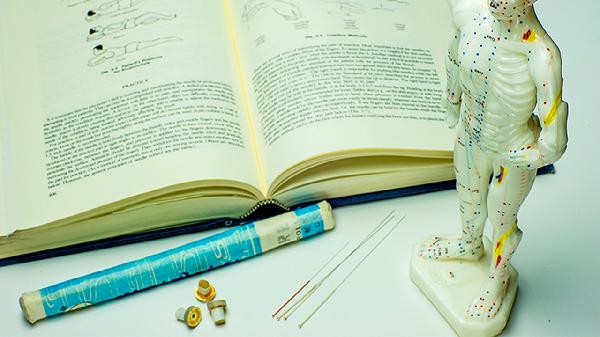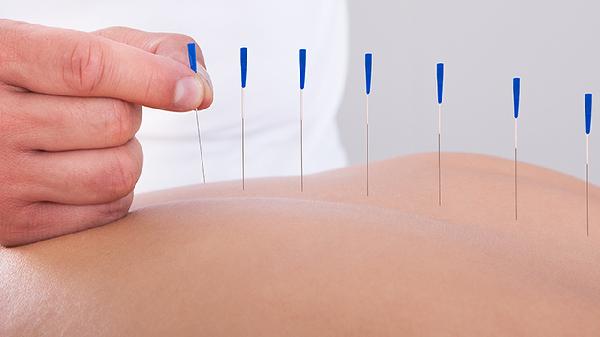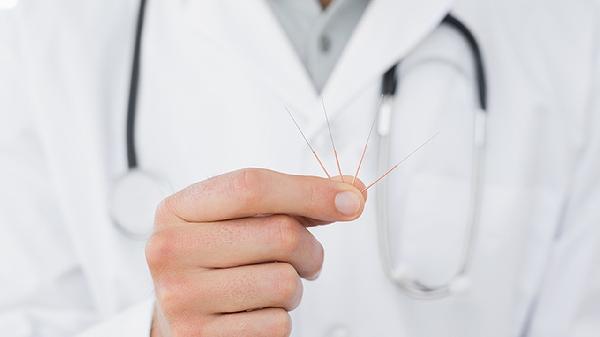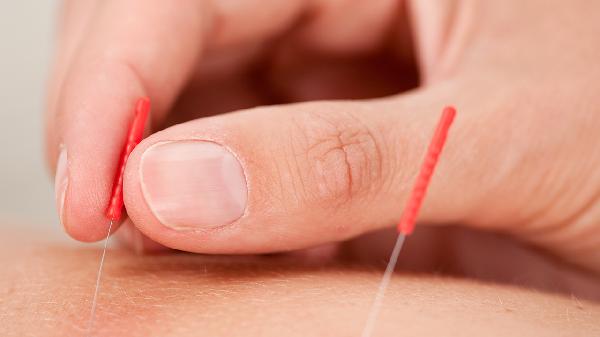Yes, acupuncture is generally considered safe during pregnancy when performed by a qualified and experienced practitioner. However, it is essential to consult with your healthcare provider before starting any new treatment, including acupuncture, to ensure it aligns with your specific health needs and pregnancy condition.

Understanding Acupuncture During Pregnancy
Acupuncture is a traditional Chinese medicine practice that involves inserting thin needles into specific points on the body to promote healing and balance. During pregnancy, acupuncture is often used to alleviate common discomforts such as nausea, back pain, and stress. It is also sometimes utilized to prepare the body for labor and delivery.
Safety Considerations for Acupuncture in Pregnancy
While acupuncture is generally safe, certain precautions must be taken during pregnancy. For instance, specific acupuncture points are considered off-limits during pregnancy because they may stimulate uterine contractions or other adverse effects. A qualified acupuncturist will be aware of these points and avoid them. Additionally, it is crucial to ensure that the practitioner uses sterile needles and follows proper hygiene protocols to minimize the risk of infection.
Benefits of Acupuncture During Pregnancy
Many pregnant women turn to acupuncture for its potential benefits. It can help manage morning sickness, reduce anxiety, improve sleep quality, and alleviate musculoskeletal pain. Some studies suggest that acupuncture may also help with breech baby positioning and preparing the cervix for labor. However, more research is needed to fully understand its efficacy and safety in these areas.
When to Avoid Acupuncture During Pregnancy
Acupuncture may not be suitable for everyone during pregnancy. Women with certain medical conditions, such as a history of miscarriage, placenta previa, or other high-risk pregnancy factors, should avoid acupuncture unless explicitly approved by their healthcare provider. Additionally, if you experience any unusual symptoms after an acupuncture session, such as bleeding, cramping, or dizziness, seek medical attention immediately.
Choosing a Qualified Acupuncturist
To ensure safety and effectiveness, it is vital to choose a licensed and experienced acupuncturist who specializes in prenatal care. Look for practitioners who have additional training or certification in treating pregnant women. You can also ask for recommendations from your healthcare provider or trusted sources.
Alternative Therapies for Pregnancy Discomfort
If acupuncture is not suitable for you, there are other complementary therapies that may help manage pregnancy-related discomforts. These include prenatal massage, yoga, meditation, and chiropractic care. Always consult with your healthcare provider before trying any new therapy.
The Importance of Communication
Open communication with both your healthcare provider and acupuncturist is key to ensuring a safe and positive experience. Inform them about your medical history, current health status, and any concerns you may have. This will help them tailor the treatment to your specific needs and minimize potential risks.
Conclusion
Acupuncture can be a safe and effective way to manage pregnancy-related discomforts when performed by a qualified practitioner. However, it is essential to consult with your healthcare provider and choose an experienced acupuncturist to ensure the best outcomes for you and your baby. Remember, every pregnancy is unique, and what works for one person may not be suitable for another. Prioritize your health and well-being by making informed decisions and seeking professional guidance throughout your pregnancy journey.























